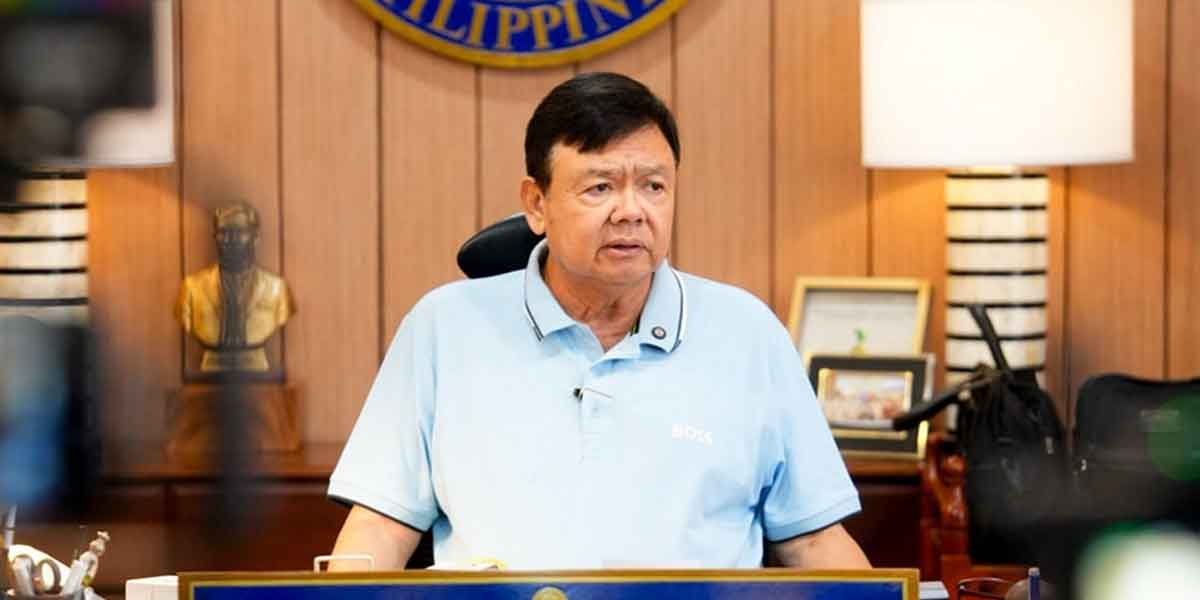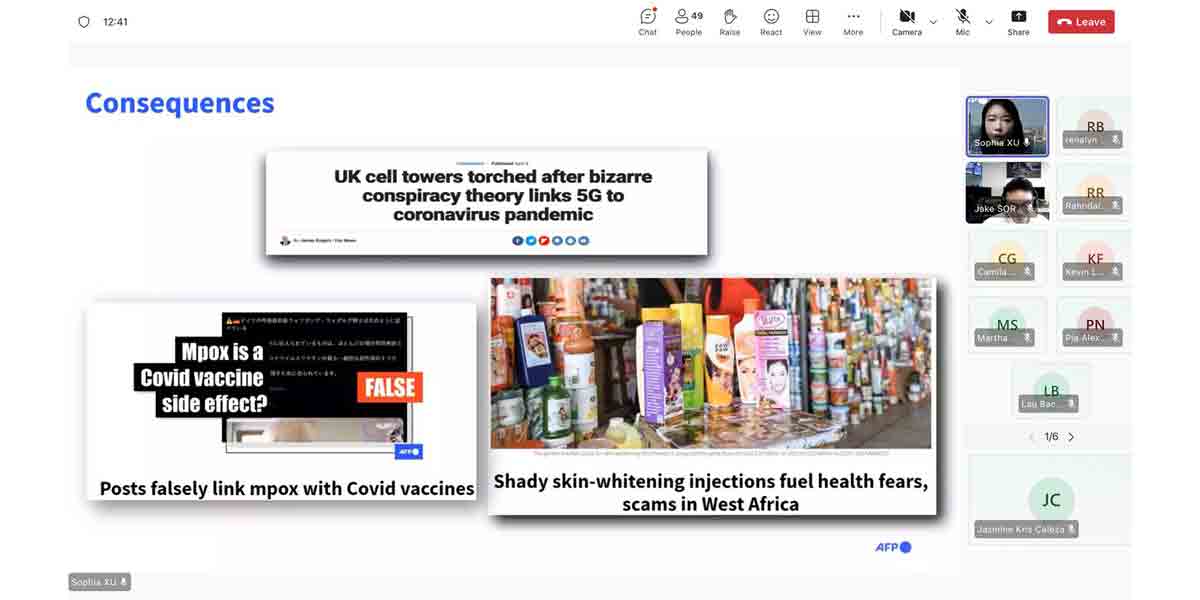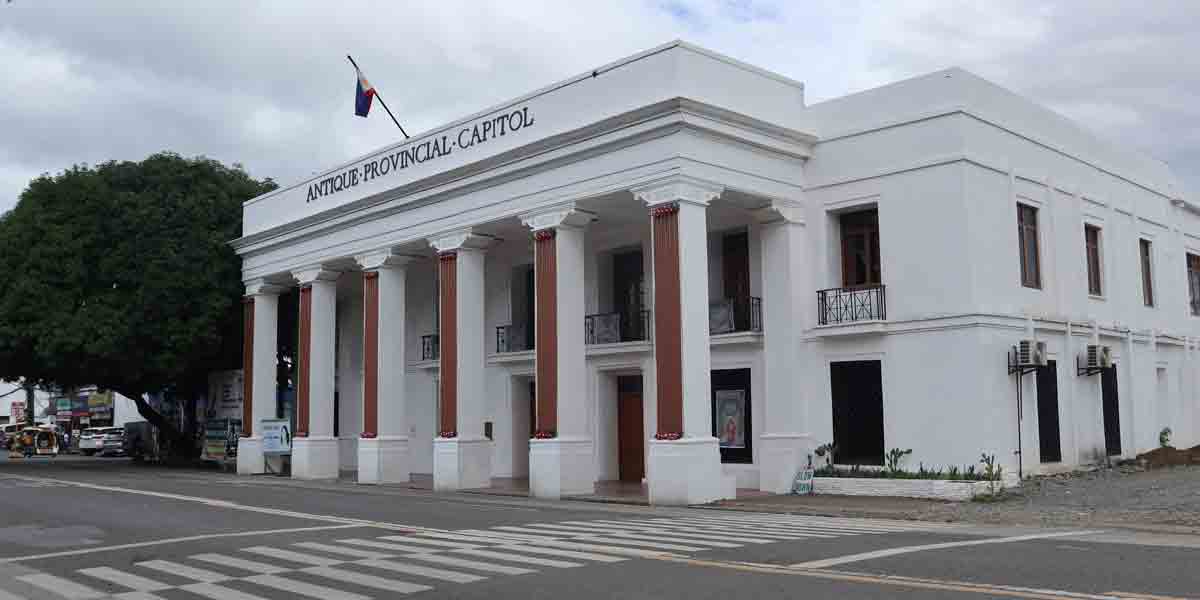The Philippines is on track to attain upper-middle-income status by 2025 and reduce poverty rates to single digits by 2028, according to Finance Secretary Ralph G. Recto.
Recent data highlights significant improvements in the country’s labor market and a historic high in gross national income (GNI) per capita.
“We are seeing encouraging signs that our economic goals are on track and within reach on the back of the continued improvements in the labor market and after we reached a record-high GNI per capita last year,” Secretary Recto said.
Labor Market Strength
The May 2024 Labor Force Survey revealed a robust job market, with the unemployment rate dropping to 4.1%, down from 4.3% the previous year. This represents 61,000 fewer unemployed individuals. Additionally, underemployment fell to 9.9%, the lowest since April 2005, indicating a rise in job quality.
Wage and salary workers now constitute 63% (30.8 million) of the employed population, with private sector establishments contributing significantly with a 1.6 million increase in workers compared to May 2023. The services sector remains the largest employer, accounting for 60.1% of jobs, followed by agriculture (20.8%) and industry (19.1%).
The construction and manufacturing subsectors experienced notable growth, adding 745,000 and 347,000 jobs respectively, driven by the Marcos Jr. administration’s Build, Better, More program.
Record High GNI Per Capita
In 2023, the Philippines achieved a record-high GNI per capita of USD 4,230. Secretary Recto emphasized that this milestone reflects the country’s robust economic growth and improved living standards.
“Achieving this all-time high GNI per capita reflects the Philippines’ robust economic growth and strong macroeconomic fundamentals,” he noted. The World Bank classifies upper-middle-income countries as those with a GNI per capita between USD 4,516 and USD 14,005 for the fiscal year 2025.
Government Initiatives
The government has introduced several initiatives to sustain economic momentum and improve the labor market. On July 3, 2024, the National Artificial Intelligence (AI) Strategy Roadmap 2.0 was launched to accelerate AI development, expand upskilling programs, and enhance AI adoption in businesses.
NEDA is finalizing the Trabaho Para sa Bayan (TPB) Act, aimed at increasing job numbers and quality, and improving workforce employability. Other reforms include the Academic Recovery and Accessible Learning (ARAL) Program, addressing learning losses from the pandemic, and the proposed FY 2025 National Expenditure Program (NEP), which includes the Supporting Innovation in the Philippine Technical and Vocational Education and Training System (SIPTVETS) and the Special Training for Employment Program (STEP).
Secretary Recto emphasized the government’s commitment to ensuring that all Filipinos benefit from economic growth, stating, “We are working doubly hard to ensure that all Filipinos reap the rewards of strong economic growth through more comfortable lives and more high-quality jobs.”





















